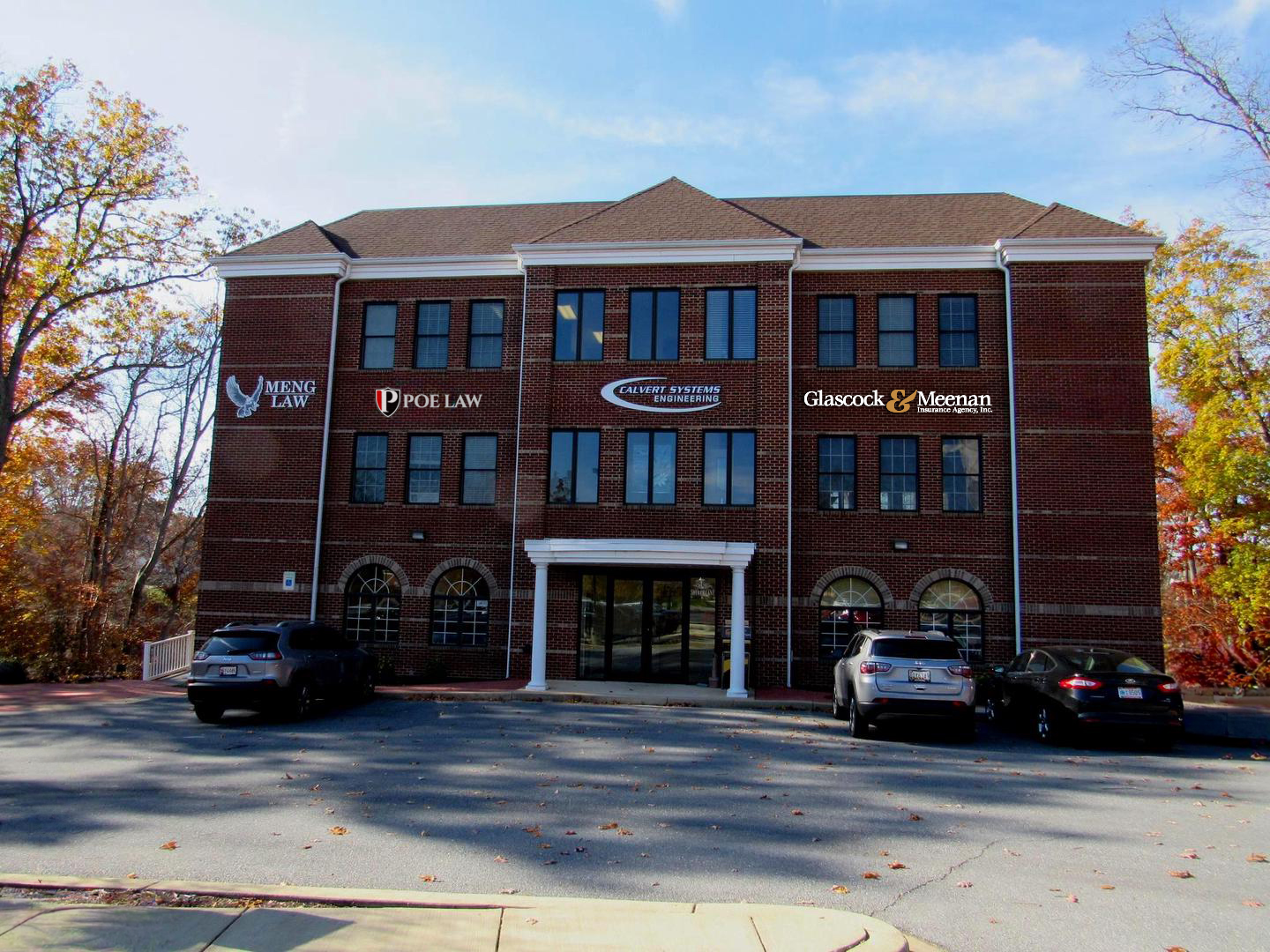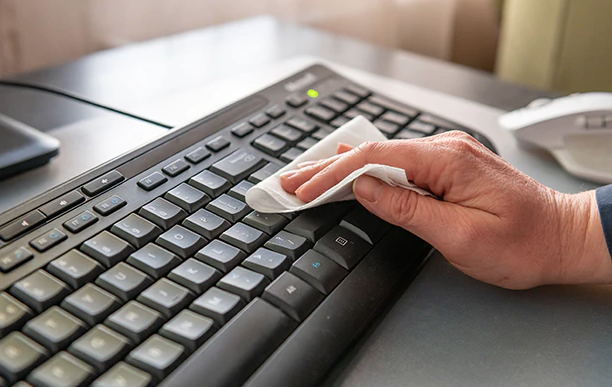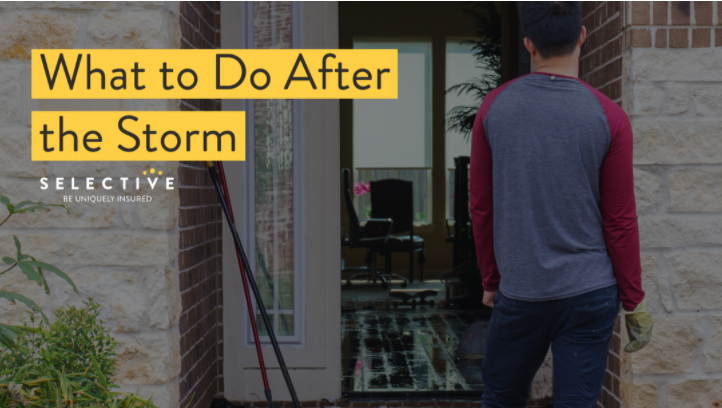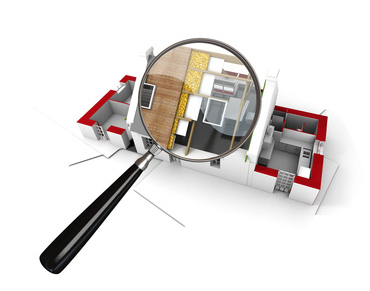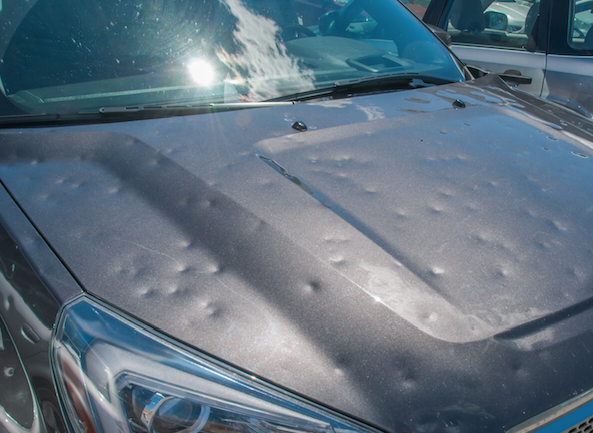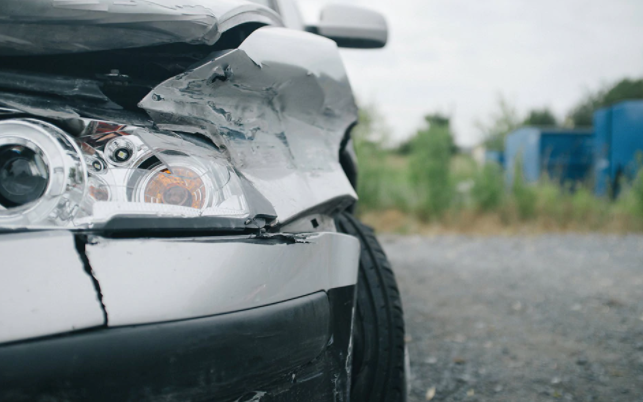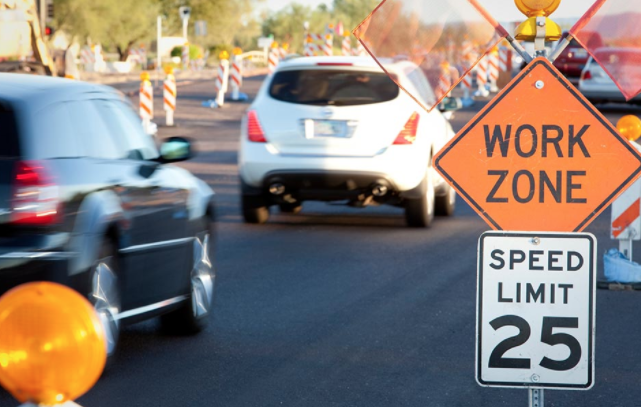Is it Better to Lease or Buy a Car?

While many consumers want to own the cars they drive, some prefer leasing vehicles that may have lower monthly payments and could require less or no money down.
Consumer Reports notes that people who lease are able to drive more expensive cars that would have been out of their price range if they had made a purchase.1 During the lease period, these cars typically are protected by manufacturers’ warranties.
Before you choose between leasing and making a purchase, here are five important things to consider.
1. Leasing Is More Complicated than Buying
Buying a car is straightforward compared to leasing. MSN notes that people who lease basically are paying for the car’s lost value over the term of the agreement, plus a set of fees.2 Lease contracts can be hard to understand and some dealers manipulate the terms to their own advantage. To find a good deal, it’s important to study your contract carefully and question anything you don’t understand.
2. Leased Cars Are Restricted to a Limited Number of Miles
Every lease agreement has a stated number of miles you’re allowed to drive without paying a penalty. This limit typically is 10,000 to 15,000 miles. If you exceed your limit, you’ll be stuck with an excess mileage penalty. Kiplinger notes that this penalty can add up fast. It varies from 20 cents to as much as 25 cents for each mile beyond your limit.3
3. Some Discounts on Leased Cars Are Offset by Fees
Some carmakers offer discounted leases to generate interest in their models, but this savings can be deceptive. Edmunds recommends reading the fine print of any discount offer to make sure your savings isn’t offset by additional fees that are tacked on the by dealer.4 For example, the discounted price may not include the sales tax or various “drive-off” fees. Be skeptical of any deal that sounds too good to be true. Read More
